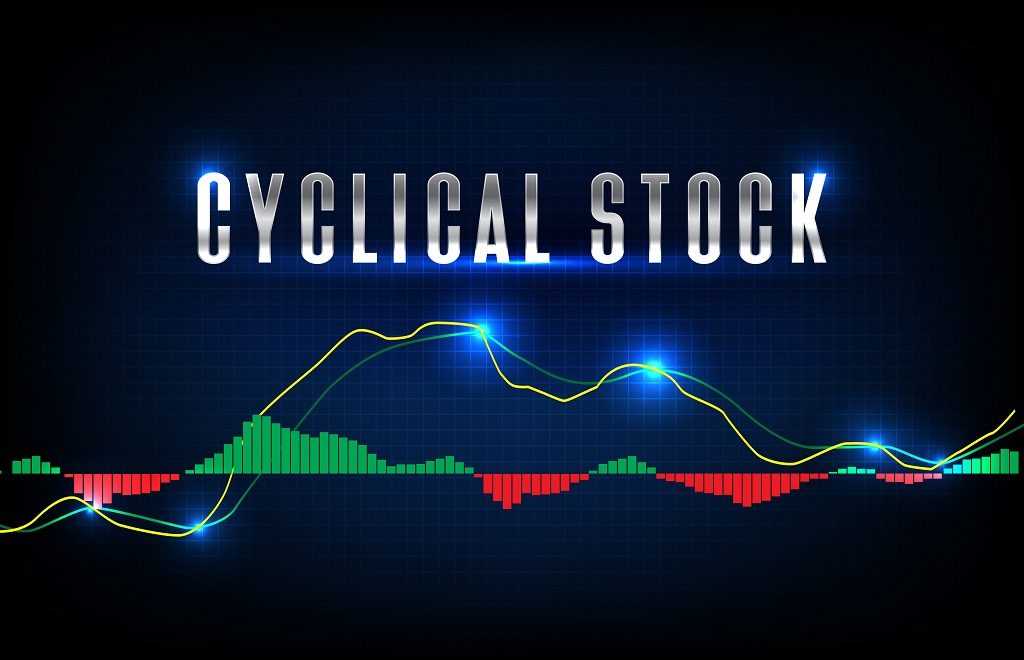Exploring Cyclical Stocks
Cyclical stocks are a specific type of investment that tend to follow the overall economic cycle. These stocks are highly influenced by changes in the economy and can experience significant fluctuations in value.
Cyclical stocks are typically found in industries that are highly sensitive to changes in consumer spending and economic conditions. Examples of cyclical industries include automotive, construction, travel and leisure, and retail. When the economy is doing well, these industries tend to thrive, leading to increased demand for their products and services. On the other hand, during economic downturns, these industries may struggle as consumer spending decreases.
Benefits of Investing in Cyclical Stocks
One of the main benefits of investing in cyclical stocks is the potential for high returns. When the economy is booming, these stocks can outperform the market and deliver substantial profits to investors. Additionally, cyclical stocks often pay dividends, providing investors with a steady stream of income.
Risks of Investing in Cyclical Stocks


While investing in cyclical stocks can be lucrative, it also comes with significant risks. The main risk is the volatility of these stocks. Due to their sensitivity to economic conditions, cyclical stocks can experience sharp declines in value during economic downturns. This volatility can make it difficult to predict and time investments in cyclical stocks.
Benefits and Risks of Investing in Cyclical Stocks
Benefits of Investing in Cyclical Stocks
2. Diversification: Cyclical stocks can provide diversification to an investment portfolio. They tend to have a low correlation with other types of stocks, such as defensive or growth stocks. By including cyclical stocks in a portfolio, investors can mitigate risk and potentially enhance overall returns.
3. Buying Opportunities: During economic downturns or market corrections, cyclical stocks may experience significant declines in their stock prices. This can present buying opportunities for investors looking to enter the market or add to their existing positions. Buying cyclical stocks at a low price can potentially lead to significant gains when the economy recovers.
Risks of Investing in Cyclical Stocks
1. Economic Sensitivity: Cyclical stocks are highly sensitive to economic conditions. They tend to underperform during economic downturns or recessions when consumer spending decreases. This makes them more volatile and risky compared to defensive or non-cyclical stocks.
3. Industry-specific Risks: Cyclical stocks are also exposed to industry-specific risks. Factors such as technological advancements, regulatory changes, or shifts in consumer preferences can impact the performance of cyclical companies. Investors need to stay updated on industry trends and developments to make informed investment decisions.

Emily Bibb simplifies finance through bestselling books and articles, bridging complex concepts for everyday understanding. Engaging audiences via social media, she shares insights for financial success. Active in seminars and philanthropy, Bibb aims to create a more financially informed society, driven by her passion for empowering others.
